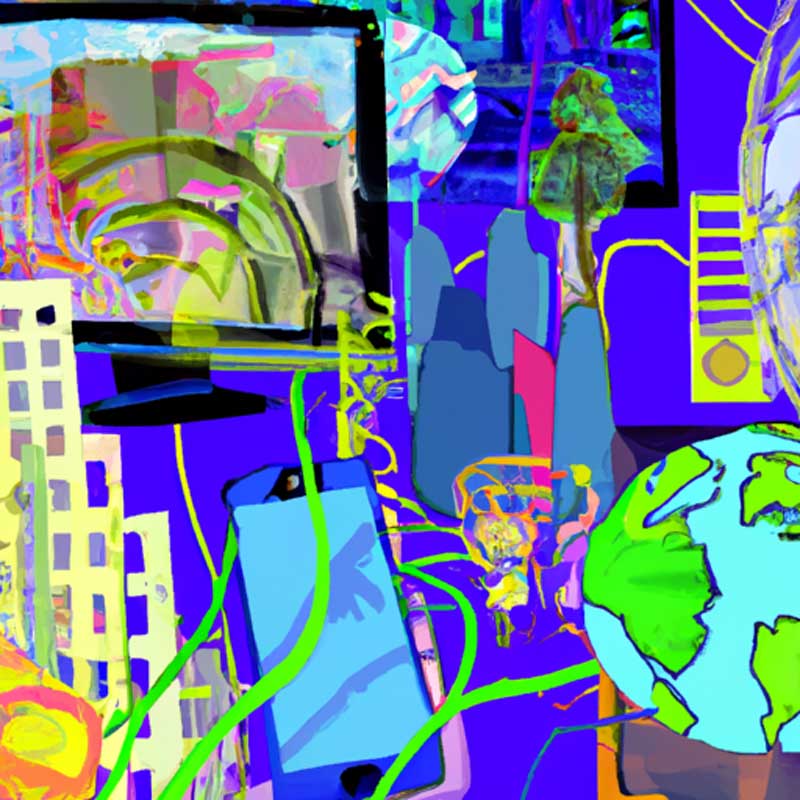- The European Union’s Artificial Intelligence Act could significantly impact the web3 industry and blockchain applications by enforcing the protection of fundamental rights.
- Blockchain’s inherent characteristics of immutability, traceability, and transparency can bolster AI’s trustworthiness and ensure data ownership, which are vital considerations under the proposed Act.
- Simultaneously, AI’s pattern recognition abilities can improve blockchain applications, such as detecting suspicious activities in crypto transactions and optimizing automated market making.
The European Union’s impending Artificial Intelligence Act is expected to become the world’s first comprehensive regulation for AI. Mariana de la Roche Wills, a board member of the International Association for Trusted Blockchain Applications, suggests that this Act will have significant implications for the web3 industry, given AI’s growing interface with blockchain technologies.
Blockchain’s inherent traits, such as its immutability, traceability, and transparency, can augment the trustworthiness of AI systems by ensuring data integrity. The decentralized ledger technology can also secure data ownership, enabling individuals to decide how and when their data is used.
The Act underscores the need for better transparency and accountability in AI applications. In turn, blockchain can enhance these aspects by providing a traceable data provenance fed into AI algorithms. This can help mitigate the troublesome issues surrounding “black box” AI systems, where the input data’s usage and application isn’t visible to other parties.
On the flip side, AI can lend valuable capabilities to blockchain applications. Its pattern recognition abilities can detect suspicious activities in crypto transactions, assisting in the fight against crypto-related crimes such as money laundering and terrorism financing. Additionally, AI can optimize automated market making in decentralized crypto trading by identifying the best moments for token exchanges.
Despite criticisms that early-stage regulation may stifle innovation and burden tech firms, de la Roche Wills views the forthcoming AI Act as a positive development. She argues that regulation nurtures trust, fostering greater interaction and engagement with the technology. This is likely to accelerate adoption and promote scalability in the tech sector.
It remains to be seen how successfully Europe navigates the challenges and opportunities presented by the intersection of AI and blockchain as it finalizes the AI Act.
